YOUNG GUN
Dan Sigurd Graham
Wines from Valhalla
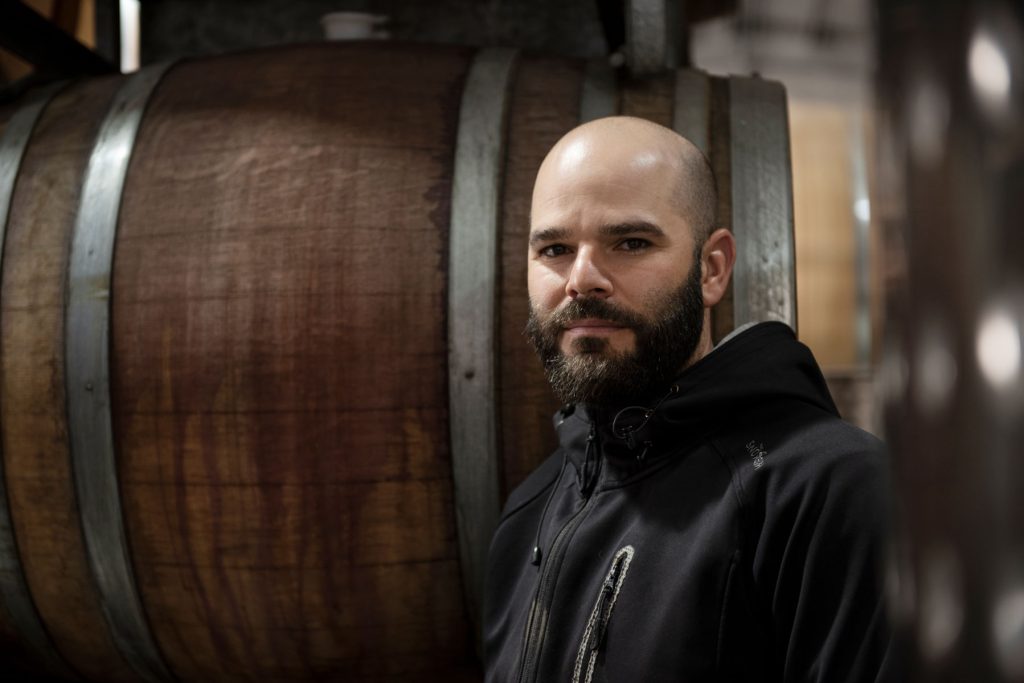
This month, journalist Samuel Squire took the longboat to Norway (not really) to chat to November’s Young Gun, Dan Sigurd Graham. Dan has a remarkable family history and a heritage that has helped shape his career in Australian wine.
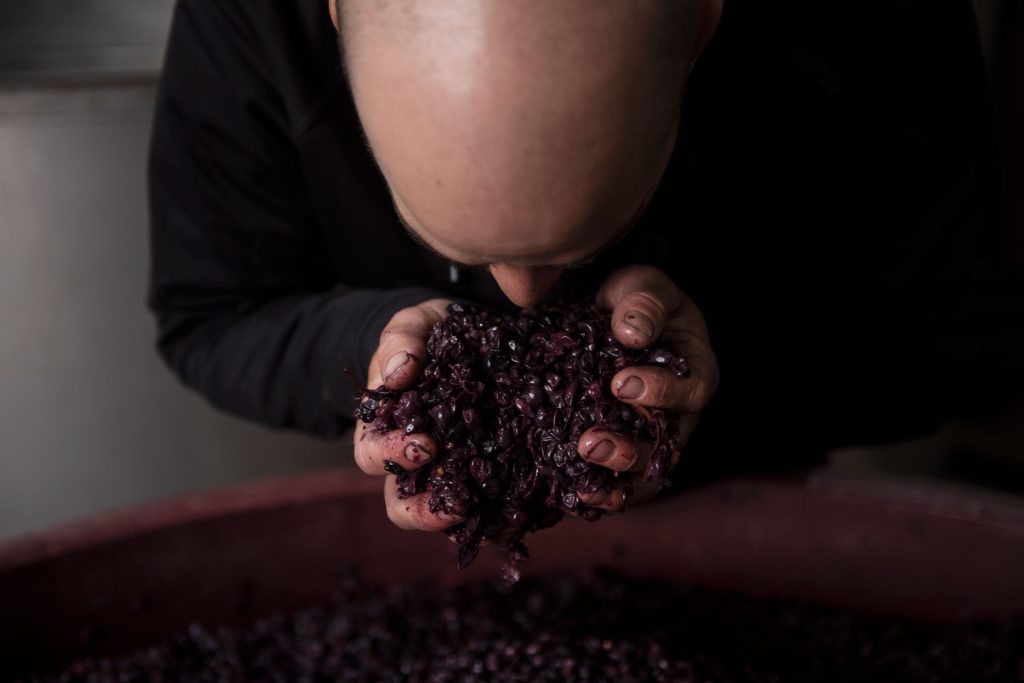
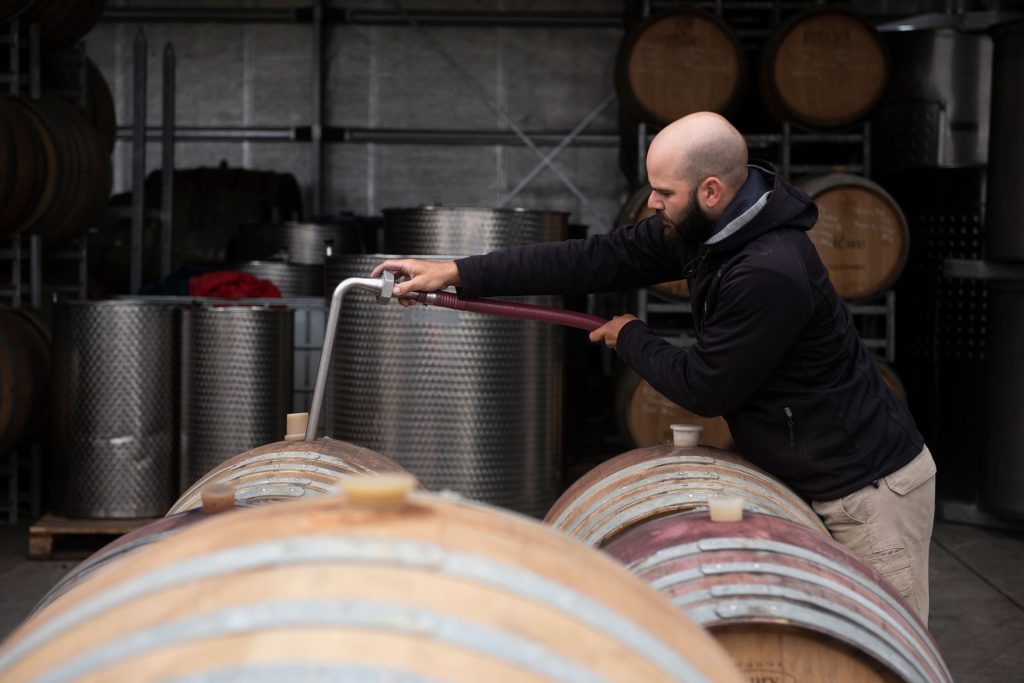
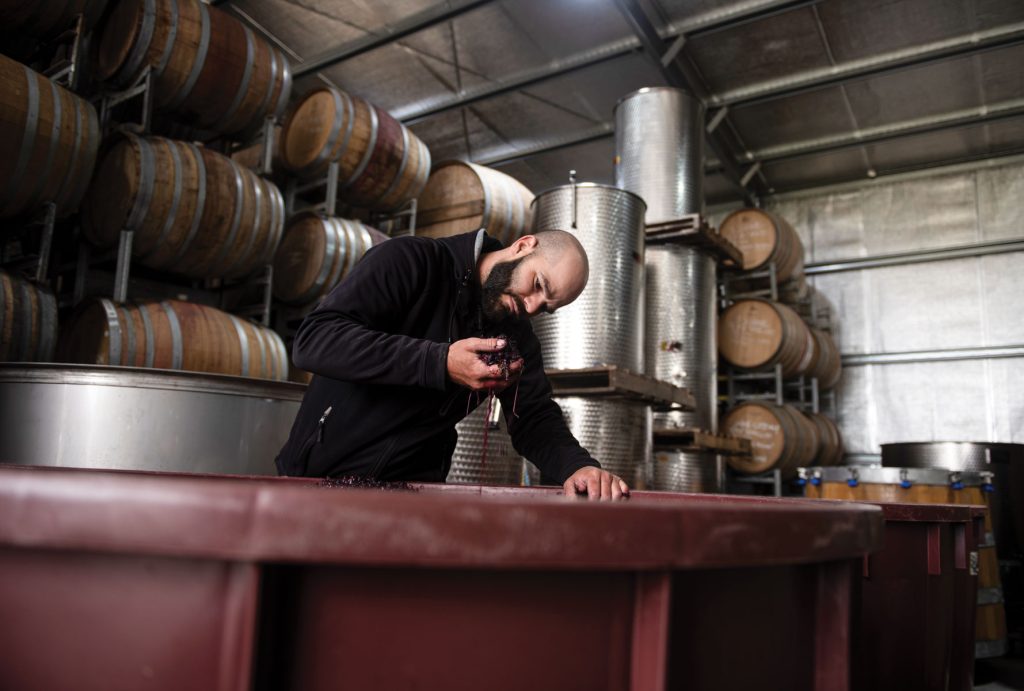
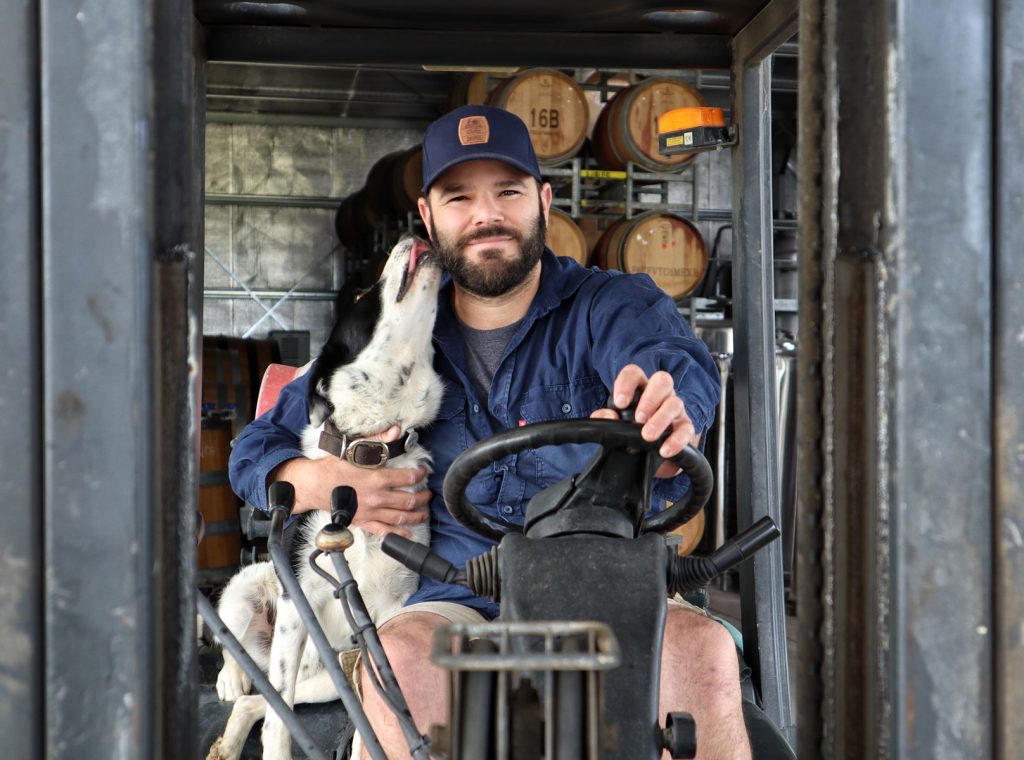
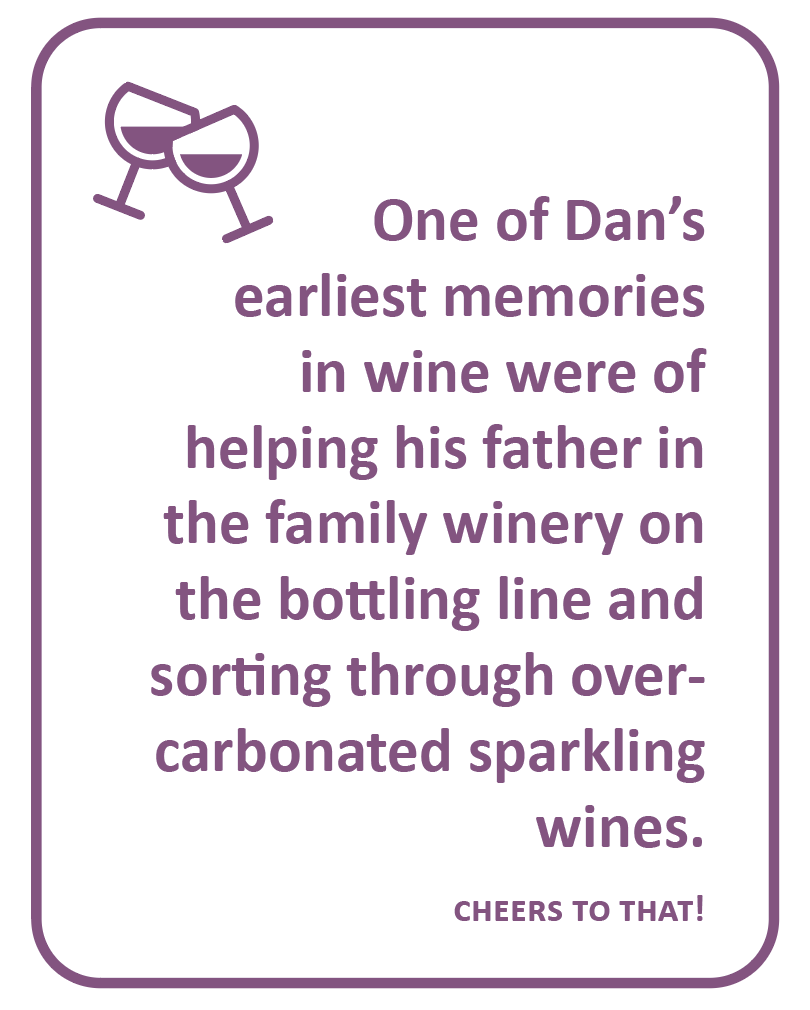
.
In Norse mythology and legend, Sigurd was a warrior born of the Danish royal family and was said to be a direct descendant of the god Odin, the warrior god signified by the Raven.
It is said in Norse legend that Sigurd slew the dragon Fafnir, and when he roasted and ate the dragon’s heart, he was able to understand the language of the birds around him.
A descendant Norse and winemaker, Dan Sigurd Graham, is alive today due to what he says was his great grandfather’s luck.
Dan’s great grandfather, Sigurd, travelled to Australia as a 19 year old to find work around 1914 and found the quickest way to become a citizen back then was to join the army.
Sigurd went to fight in the First World War, but was caught AWOL (absent without official leave) after being shot and was sent back to the front lines in France as punishment. Unfortunately, and somewhat ironically after trying to avoid being shot again, he was shot again, this time in the elbow.
“My great grandfather, Sigurd, came across just before the first world war in 1914,” Graham said.
“He wanted to settle but at the time he could not, and by joining the war effort he was given his citizenship and sent back to Europe where he survived the war, then he was sent back to the Riverland as a part of the resettlement of soldiers.
“As you did at the time, you grew stone fruit. Sigurd had some vines and generally worked on the land.”
Luckily for Dan, Sigurd survived the war, despite being shot twice, so he returned home to Australia.
When Dan was growing up in Yenda, a small country town in southern New South Wales, he crushed his first grapes quite young at his family’s winery.
“I grew up with wine in the blood really. We lived on a small property in the middle of very large vineyards, which during harvest used to wake us all up as the tractors and harvesters were picking the grapes,” he said.
“I used to draw pictures of wineries, tractors and vineyards. We also owned a small winery (in Griffith terms, crushing up to 6,000 tonnes) for a while when I was between 7 and 16. It was a great time.”
When he was old enough, Dan started off his career by working for some larger wine producers before ferrying off to university to study a double degree in winemaking and viticulture in Wagga Wagga.
Once he graduated, Dan did some extensive travelling through Europe and northern America – through France, Italy, Portugal, Canada and closer to home in New Zealand. After returning home to Australia following his time exploring the world, much like a Norse used to, albeit with much less raiding and pillaging, Dan completed an Advanced Wine Assessment Course.
“It was a pretty easy choice for me as I was heavily influenced by what my father did and the experiences in the winery when I was younger really solidified my passion for the industry,” he said.
Dan remarked that growing up in wine country when your family owns and operates a winery he had to lend a helping hand or two.
“When your parents have a winery in the 90s, you need to get to work! I remember my first jobs for Dad were putting caps on bottles on the bottling line where the bottles constantly fell over – I was about 10 I think.
“The other jobs I had were sorting through the over carbonated sparkling wine bottles in the crates, if they didn’t explode, we kept them, and if they did, well, we didn’t.
“My first real experience was just out of high school when I was 17 and worked for a very large winery, now called Casella. It was a massive growth period for them and without a huge amount of infrastructure to process, we had to work long hours and seven days a week, which was a big jump from casual work during school to almost three months straight of 12-hour days, and doing two and a half months of nightshift. I think that was back in 2003.
“It was a tough gig for an 18 year old,” he said, “I was given a lot of responsibility and we needed to get a lot done in a very small amount of time”.
“I probably knew then that I was meant to work in this profession.”
Dan says that, much like the Vikings of old passed knowledge on from one another by telling stories, one of the main lessons he learned growing up and working in wine was to listen to those around him and learn what he could.
“You think you know everything as a young man, but really you don’t know anything,” he jested.
“Trust your palate and back yourself with reasoning. If you are wrong, don’t be discouraged.
“This was really important when working as a young winemaker,” he recalled, “It took me a while to find my voice but was definitely happy to get there with encouragement from more senior winemaking figures.”
Then, in 2012, after working for Casella, Dan started his own label, Sigurd Wines.
Sigurd Wines
“Sigurd Wines developed from the idea based around my great grandfather, who came from Norway,” he said.
“We share not only the name (my middle name is Sigurd), but we were also born on the same day. I copped a small amount of grief through high school, but proudly use it as my brand now.”
Dan prides himself on the wines he makes. They are all made with minimal intervention, using natural yeasts, no fining and no extra additions with the exception of a small dose of sulfur before the wines go to bottle.
He sources his fruit from premium growers mostly across the Barossa Valley, Adelaide Hills, Clare Valley, Eden Valley, and McLaren Vale. The fruit is handpicked and naturally fermented and matured in oak.
“Sigurd Wines has been all about minimal intervention winemaking and making no additions with the exception of sulfur, as well as trying to preserve the image of the vineyards in the bottle of wine I get out to the public,” he said.
“I like dealing with like-minded growers who are always improving their impact on the land that they farm.
“I would love to own a small patch of dirt with a vineyard but that may be a little way off yet!”
Dan remarked that his winemaking is sometimes influenced by his Norse heritage.
“I would say the person my great grandfather was probably comes through in some occasions through my stubbornness and pursuit to realise my ideas,” he said.
“I would think in the future there will probably be more vineyards in Norway, maybe then I can head back and use the name Sigurd I was given.”
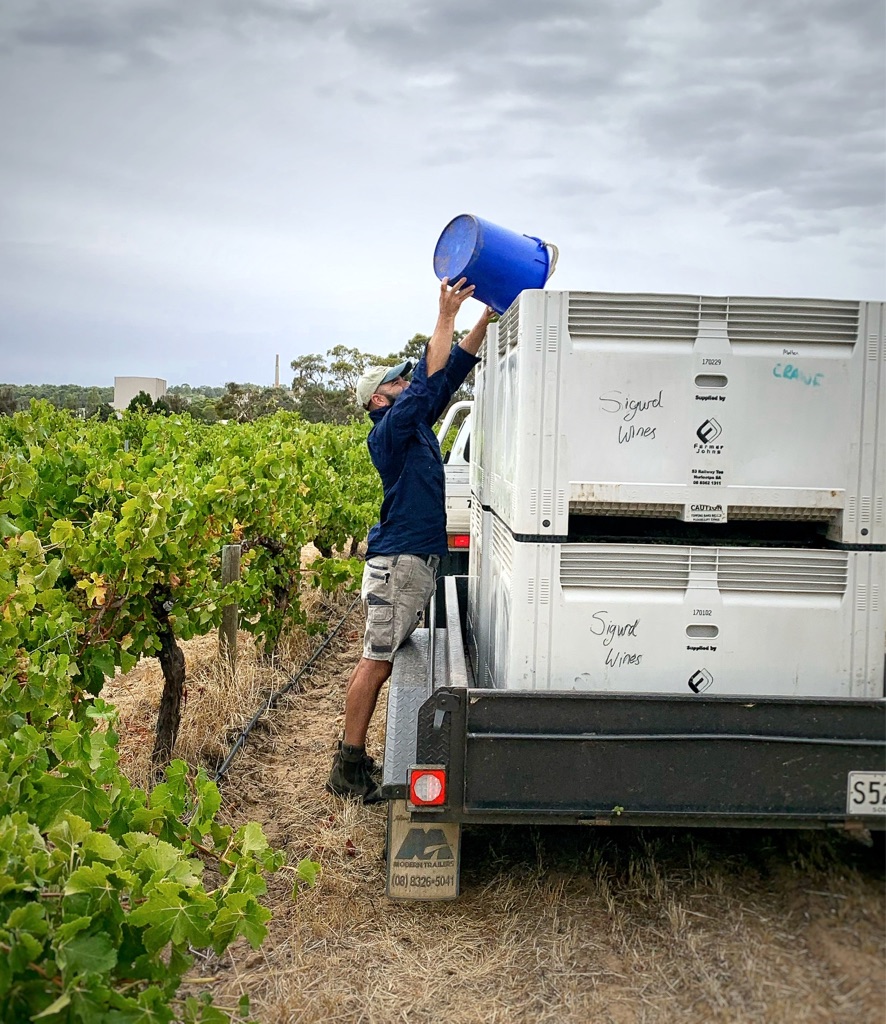
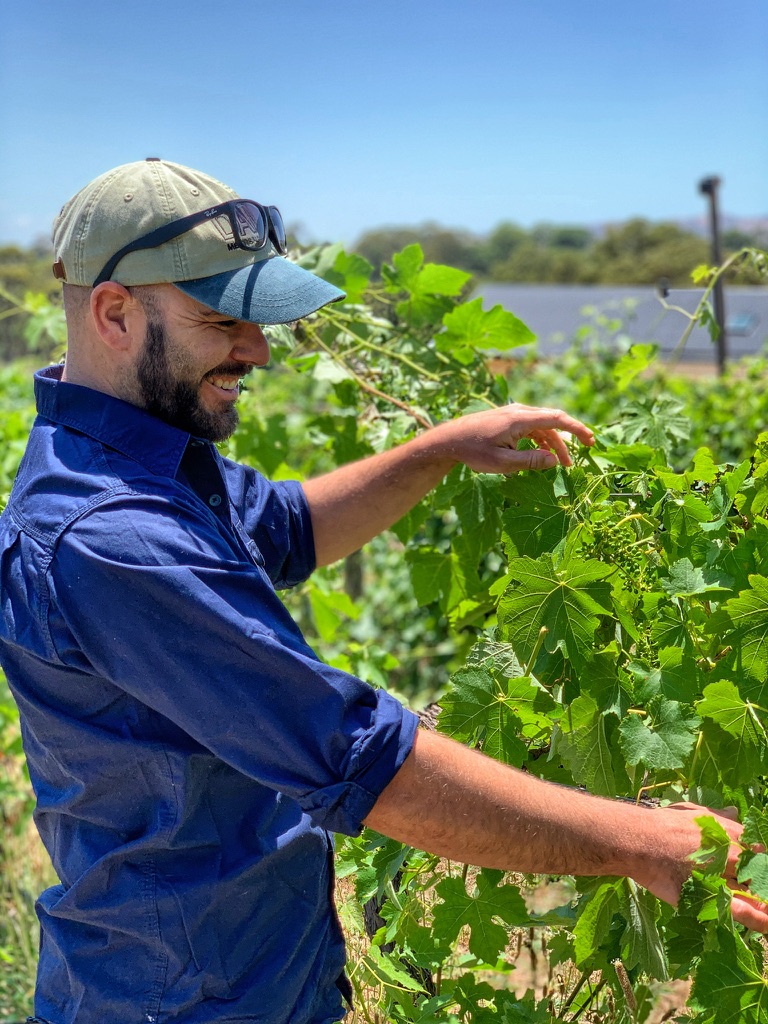
Like a Norse, he travelled, he learned
Dan says he has been very lucky as he has managed to work all over the world. He used to work for a business owned by a London-based wine sales group, which gave him the flexibility to travel to many regions the world over.
“It has taken me to many areas around the world, which has been incredible, to see the diversity of tastes of wines and also to see different movements in wine drinking,” he said.
“The areas I have worked in wine are: Bordeaux, France; Hermitage, Franc; Piedmont, Italy; Cortona, Italy; Okanagan, Canada; Central Otago, New Zealand; and Alentejo, Portugal.”
Dan studied at Wagga Wagga, and says it gave him some great memories, one of which was being accepted into a traineeship with the then CSU winery.
“It was the best time, so many memories! It was a great course, and when I first applied for the Adelaide course but did not make the cut, I was a little worried about the CSU course at the time, but I feel very lucky that I was accepted in the end as the course gave me such a great background and view into the world of wine,” he said.
“I would say the best memories would have come from being accepted into the traineeship with the then Charles Sturt University winery – a great opportunity and working under Andrew Drumm was a fantastic experience.”
Dan says his advice for a younger version of himself would probably be “don’t spend all your money on wine and buy a house instead!”
“No not really,” he said, “I don’t think I would need to give myself any advice, I feel that from when I first started out to where I am now, I have no regrets in how I got here and would not think of any other way to get where I am now.
“It was a great journey and I worked my arse off when I was young, so yeah I think the only thing would be to tell myself to keep going, it gets better!”
.
This article was originally featured in the November 2021 issue of the Grapegrower & Winemaker.
To read more articles like this, subscribe online here.